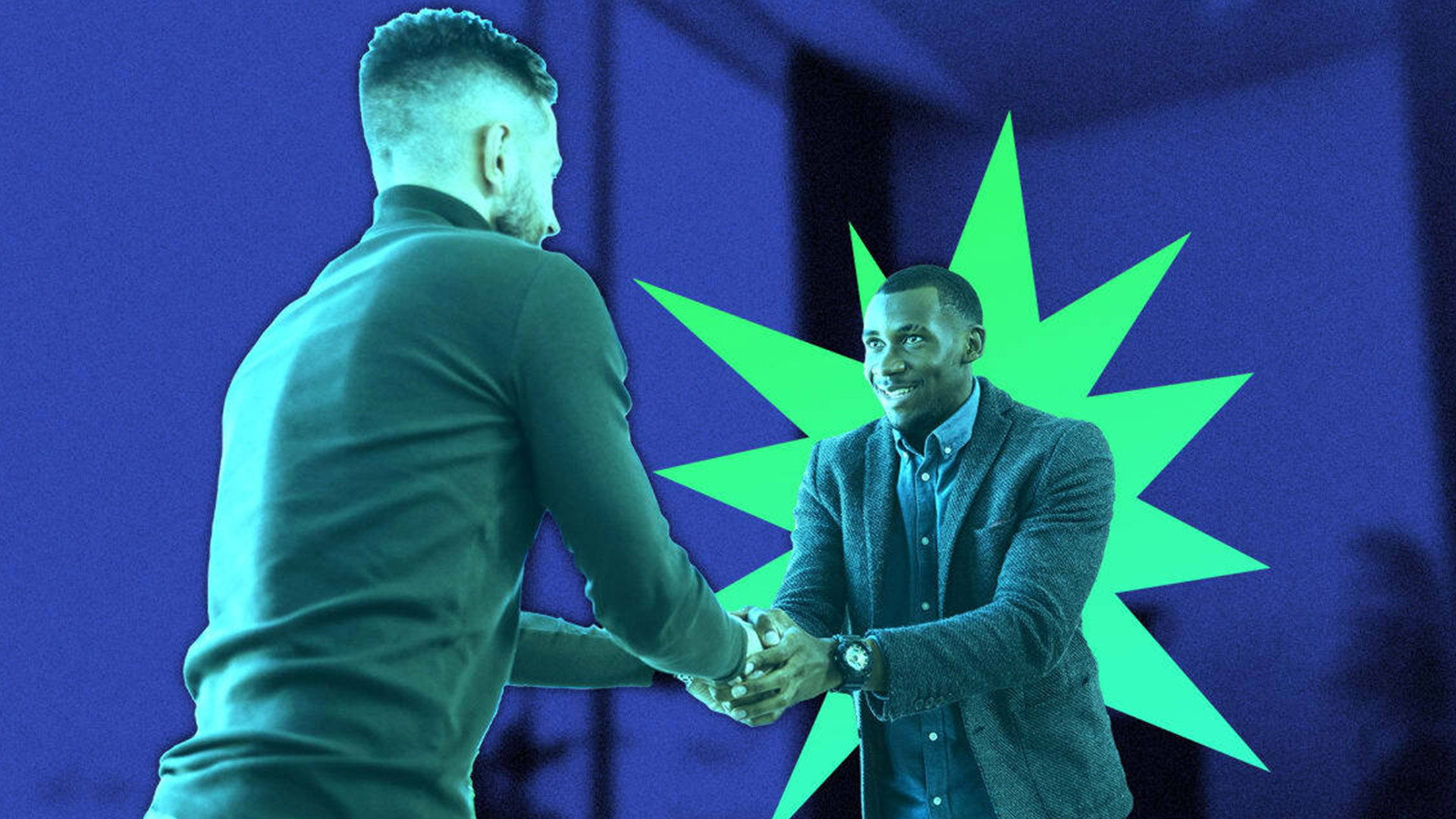When it’s time for you to ask your interviewer some questions, you should make them count.
The interview has gone well. You presented your skills effectively and had a good exchange with everyone you met. You even made them laugh. Now, comes the dreaded final question.
Do you have any questions for us?
Well, sure. Were you really truthful about what it’s like to work here? Who’s the biggest office gossip? What am I going to love and/or hate about this company? But those aren’t things you can typically blurt out in an interview.
Instead, you’ll want to use this time to ask some questions that may both impress hiring managers and reveal important information. When you go for your next interview, keep these five questions in your pocket:

Do you see any major changes in the position or workplace in the coming year?
This may be a difficult question to answer in the COVID-19 era, but it may give you insight into what the company is thinking about the future, says Jon Hill, CEO and chairman of the Energists, an executive search and recruiting firm. “Many companies are in a period of transition and uncertainty as the pandemic continues, so it’s smart to get a read on how that might affect you if you’re hired. You don’t want to go in expecting long-term remote work only to find out you’ll be going into the office come summer,” he says. The question also shows you’re thinking long-term and plan to stay with the company through the changes.
What can I do to really "WIN" at this job
Who wouldn’t want to hear this question from a candidate? It shows that you want to get a peek behind the curtain at what it takes to succeed at the firm. Interviewee questions such as this give interviewers a look at the candidate’s drive and potential for success, says Jennifer Morehead, CEO of Flex HR, an HR outsourcing firm. “The questions that interviewees ask are often more indicative of their success than their canned answers to questions. I really do think that interviewee questions can really set a candidate apart from the rest,” she says. To put it another way: What will “success” look like in this role?
If you were to leave this company, what would be the reason?
It’s a little bold, but when asked of a potential manager, it’s a powerful question that will reveal two key things, says Microsoft senior security program manager Teddy Phillips. First, it lets you see the interviewer’s future ambitions, and it also gives you insight into whether this person’s ambitions can be met at this company, he says.
“This allows the interviewee to dig on the ‘why’ or ‘why not’ to give them further insight on if this is an environment to grow their career. Hiring managers respect deep questions that make us think and deliver insightful answers,” he says.
What growth opportunities does the organization offer?
Immediately, this question shows the hiring manager that you’re thinking about how you can develop within the company. “Hiring is costly for organizations, so if they hire someone who is just looking for a paycheck until they jump to their next best opportunity, it costs the company time and money. Asking about the future and growth opportunities shows the employer that you are willing to invest in the organization on a longer-term basis,” says career strategist and coach Nancy Spivey. It also lets the hiring manager know that you’re success-driven and goal-oriented.
Is there anything else I can share to put me at the top of your list?
This one-two punch of a question shows that you’re interested in the job and invites the interviewee to ask any lingering questions. “Depending on how the interview is going and depending on how well you’re getting along with the interviewer, I regularly recommend to people to make it known that you love the place and what you’re hearing and would love the job,” says executive and career coach Lauren Cohen. It’s a strong question on which to end the interview.
“The best interview questions serve two functions,” Hill says. First, they give you useful insight into the position’s more demanding aspects and whether you’re qualified to meet those demands. Second, they show the interviewer that you’re already thinking practically about how you’ll perform in the position, an encouraging thing to see from a candidate. When you can ask relevant questions, you can impress the hiring manager and get the information you need to make the best decisions about your next career move.
